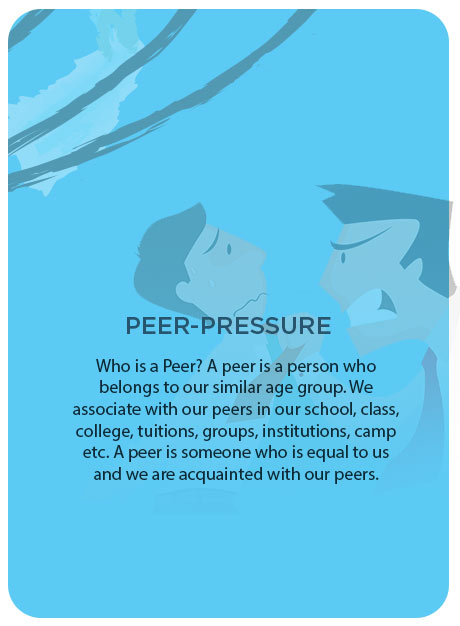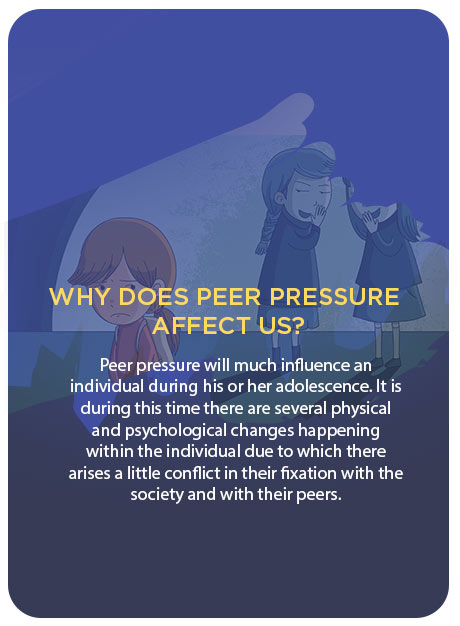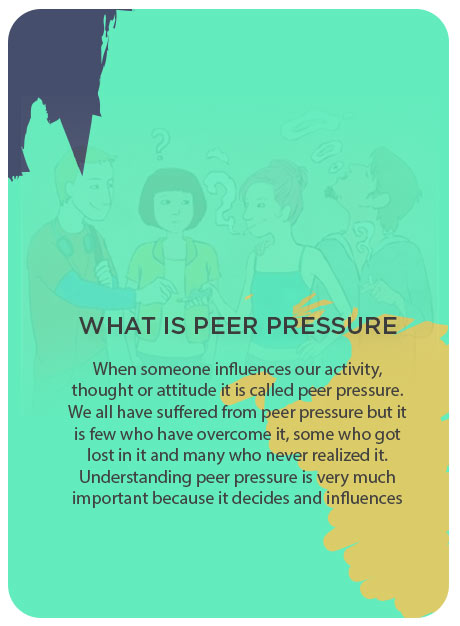Propel to a better future
Identity refers to our sense of who we are as individuals and as members of social groups. An individual’s identity lies in their empowered nature. Identity is also something that enables an individual to live life on their own terms without leaning on others. Identity is dynamic and complex, and changes over time.
It is how we define ourselves. Self-identity forms the root of our self-esteem. In adolescence, the way we see ourselves changes in response to peers, family, and school, among other social environments. Our self-identities shape our perceptions of belonging.
This is constructed by others, and may differ from self-identity. Typically, people categorize individuals according to broad, socially-defined labels. For example, if one has dark skin, they may be labelled “black”, someone who is over-weight is tagged “fat” by others even though one may not have adopted that identity for themselves.
Purpose in life directs the youth to cultivate meaningful sense of direction for themselves, experience better physical and mental health, and enjoy happier and more satisfying lives. Purpose promotes positive youth development and Identity.
Choosing freewill over negative compromises, being interactive & open minded, self-emotional support and self-dependency, healthy activities such as reading, sports, exercising, travelling, pursuing a safe hobby, working.
YOUTH LEADERSHIP
What are the leadership qualities?
- Ability to analyse: Strengths/weaknesses, setting up goals, developing confidences, self-respect and motivation and ability to carry activities supporting himself and the society
- Ability to influence: Take initiative, guide and lead others develops where one motivates others to follow and being looked up as a role model.
How to humanize youth leadership?
- Taking up the responsibilities as a citizen
- Guiding through creative & cognitive skills
- Involving all-ages, all-genders, community & race youth
- Provide social control, treatment and training counselling services
Impacts of youth leadership:
- Self-defence and self-actualization
- Build confidence, constructive growing, becoming role-models
- Helps an individual to come in terms and accept the challenges of adolescent, adult-hood.
- Maturing as an individual in the fields of social, ethical, emotional, physical, cognitive senses
PEER PRESSURE





